
You may wonder why blood sugar spikes even when you haven’t eaten. Many people wake up to find their glucose higher than expected on an empty stomach. This is more common than you think, and understanding why it happens — and how to control it — can help you protect your long-term health.
What Is Blood Sugar?
Blood sugar, or glucose, is your body’s main source of fuel. It comes from the food you eat, especially carbohydrates like rice, noodles, bread, and fruit. But glucose can’t enter your cells without help — it needs insulin, a hormone made by your pancreas.
When this system works smoothly, sugar rises gently after meals and returns to normal within a few hours. When it doesn’t, repeated blood sugar spikes increase your risk of prediabetes or diabetes.
Why Blood Sugar Spikes in the Morning
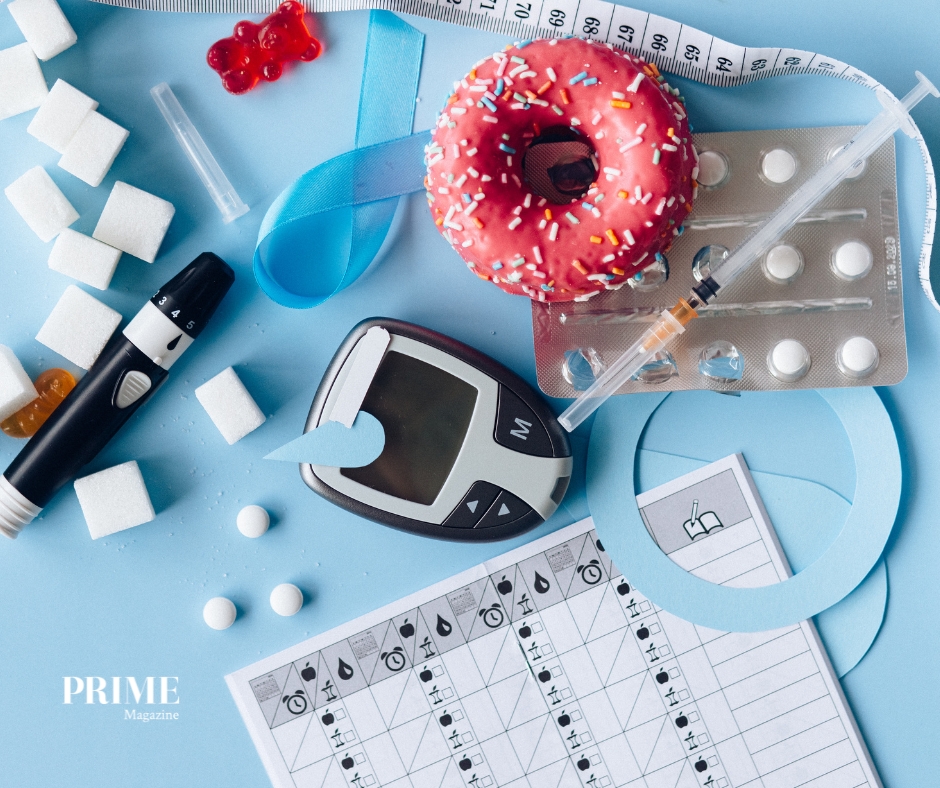
Not eating doesn’t always mean your sugar drops. In fact, many people experience morning blood sugar spikes. The main reasons include:
-
The Dawn Effect: Early morning hormones like cortisol signal your liver to release glucose. If insulin response is weak, sugar stays elevated.
-
Late-Night Meals: A heavy dinner or bedtime snack can keep sugar high through the night.
-
Stress and Sleep: Poor sleep and stress hormones can push sugar up, even without food.
-
Rebound Effect: Rarely, sugar dips too low overnight and your body “overcorrects,” causing a spike by morning.
Your body is always working behind the scenes — and sometimes this means higher glucose even on an empty stomach.
What’s a Normal Blood Sugar Level?
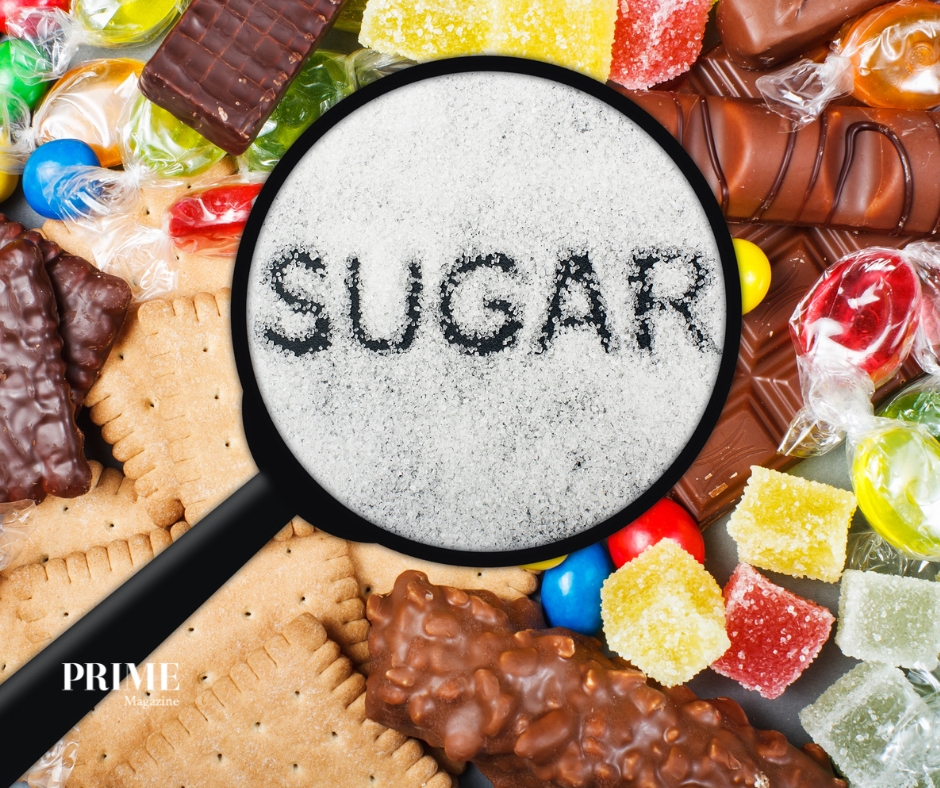
| Timing | Healthy Range | Prediabetes | Diabetes |
|---|---|---|---|
| Fasting (before breakfast) | 3.9 – 5.5 mmol/L | 5.6 – 6.9 mmol/L | 7.0 mmol/L and above |
| 2 hrs after a meal | < 7.8 mmol/L | 7.8 – 11.0 mmol/L | 11.1 mmol/L and above |
| HbA1c (3-month average) | < 5.7% | 5.7 – 6.4% | 6.5% or higher |
One odd reading isn’t a crisis, but patterns of blood sugar spikes are worth paying attention to.
Why Balance Matters
Frequent or prolonged blood sugar spikes don’t just affect diabetes risk — they also impact your heart, energy, weight, and even sleep quality. Carrying extra weight, especially around the belly, can increase insulin resistance. Poor sleep also worsens glucose control by raising stress hormones and reducing insulin sensitivity. Even a few nights of poor rest can temporarily spike your sugar.
How to Prevent Blood Sugar Spikes Naturally
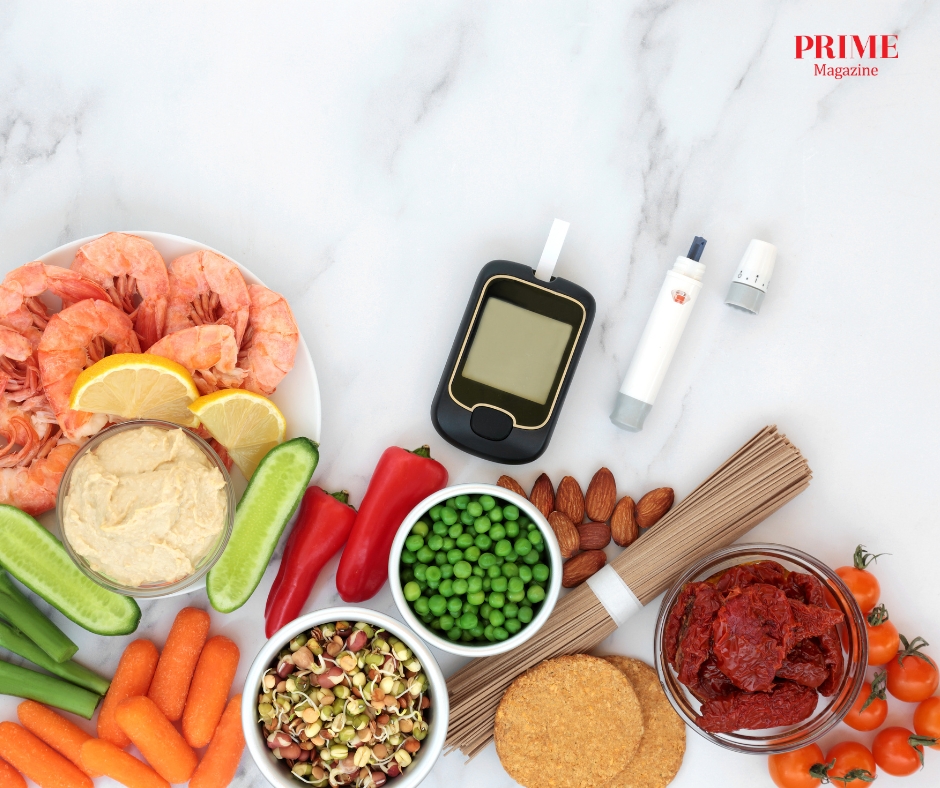
The good news is that small, consistent habits make a big difference. Here are some practical steps:
-
Eat balanced meals – Half your plate vegetables, a quarter lean protein, and a quarter whole grain.
-
Choose smart carbs – Swap white rice or noodles for higher-fibre options like brown rice or quinoa.
-
Limit sweet drinks – Bubble tea, sodas, and sweetened coffee cause sharp glucose spikes. Opt for water, kopi-o kosong, or green tea.
-
Stay active – A brisk 10–15-minute walk after meals helps muscles absorb sugar efficiently.
-
Build muscle – Resistance training improves insulin sensitivity and reduces blood sugar spikes.
-
Prioritise sleep – Aim for 7–8 hours; poor sleep makes sugar harder to control.
-
Manage stress – Try deep breathing, meditation, or prayer to calm stress hormones.
When to See a Doctor

Check in if your fasting readings are consistently above 5.6 mmol/L, if post-meal sugar is often above 7.8 mmol/L, or if you have risk factors such as carrying extra weight, limited physical activity, being over 40, or having a family history of diabetes. An HbA1c test provides a clearer long-term picture.
Catching high readings or frequent blood sugar spikes early makes it easier to take action and protect your health.
The Bottom Line
Blood sugar spikes aren’t just numbers on a test — they’re signals about how your body handles energy. A slight rise in the morning is often natural, but consistent highs deserve attention. By recognising what’s normal and making small lifestyle changes, you can steady your sugar, boost your energy, and protect your health for years to come.
Every balanced meal, evening walk, and good night’s sleep is an investment in keeping blood sugar steady — and keeping you well. PRIME






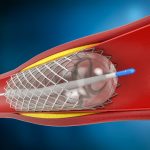

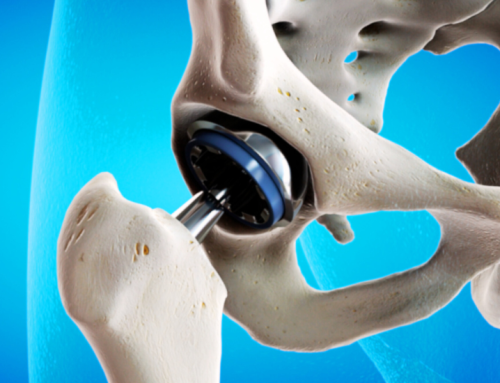



Leave A Comment